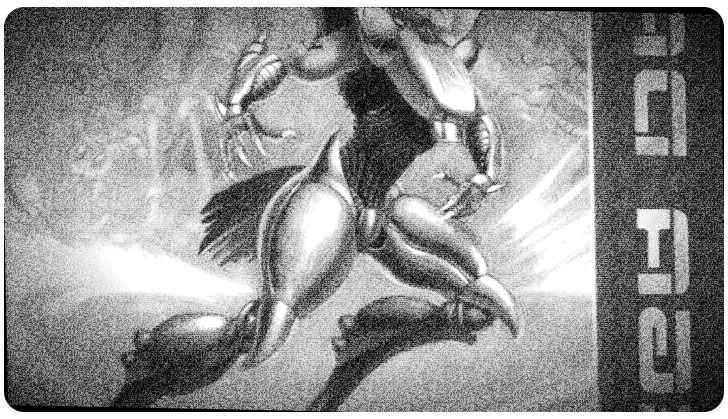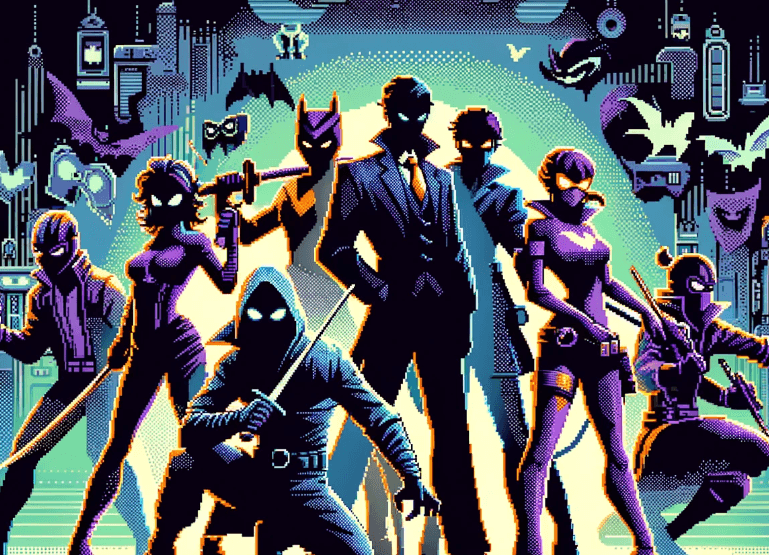 To begin, you answer as anonymous-villain but you said you’d prefer a different name for this occasion. Who are you, truly, and why grant this audience to those who tried to dismantle your designs?
To begin, you answer as anonymous-villain but you said you’d prefer a different name for this occasion. Who are you, truly, and why grant this audience to those who tried to dismantle your designs?
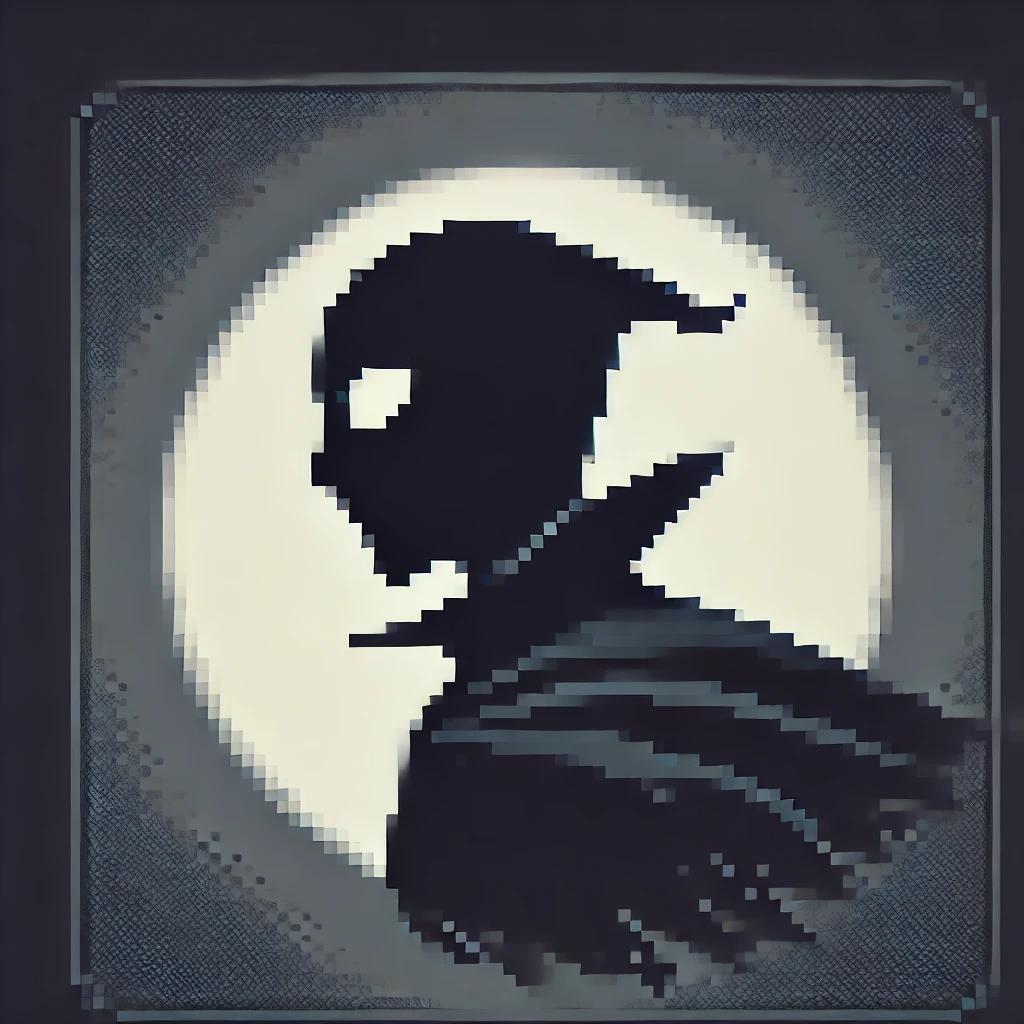 I shall be called Sovereign-Veil for this conversation, since names sharpen teeth. I grant this audience because I savor the sound of teeth chipping. You lot — the players, the self-styled Epsilon-Eagle — crawl through my world with oversized arsenals and fragile confidence. Let them read what they barely survived. I give interviews not out of charity, but because I enjoy watching expectation collide with execution. Consider this both confession and bait.
I shall be called Sovereign-Veil for this conversation, since names sharpen teeth. I grant this audience because I savor the sound of teeth chipping. You lot — the players, the self-styled Epsilon-Eagle — crawl through my world with oversized arsenals and fragile confidence. Let them read what they barely survived. I give interviews not out of charity, but because I enjoy watching expectation collide with execution. Consider this both confession and bait.
 The narrative places Epsilon-Eagle against Xi-Tiger and your machine. Tell us about the feud — how personal is this for you, and how did that shape the design of your final confrontation?
The narrative places Epsilon-Eagle against Xi-Tiger and your machine. Tell us about the feud — how personal is this for you, and how did that shape the design of your final confrontation?
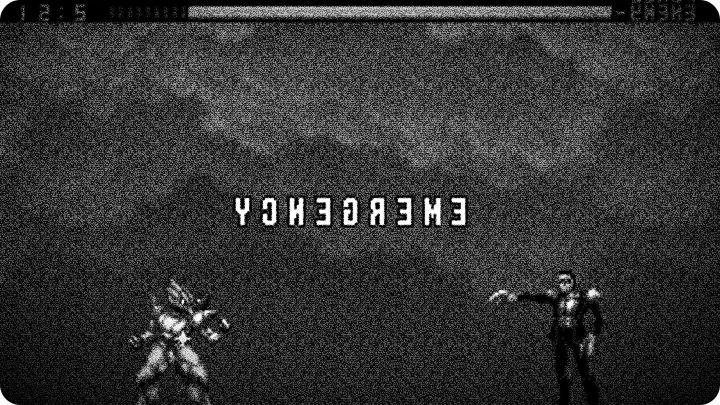
 Personal? Every clockface I break is personal. Epsilon-Eagle once led; Xi-Tiger corrupted that trust. I designed the final confrontation as a ledger of betrayals. I carved arenas so every pattern accused them. Timed openings, mirrored attacks, and moments when their overconfident weaponry — the four chosen from six — betrayed as often as it saved. I created windows where the phoenix morph serves as both their deus ex and their vanity. Watching them waste it at full health is delicious.
Personal? Every clockface I break is personal. Epsilon-Eagle once led; Xi-Tiger corrupted that trust. I designed the final confrontation as a ledger of betrayals. I carved arenas so every pattern accused them. Timed openings, mirrored attacks, and moments when their overconfident weaponry — the four chosen from six — betrayed as often as it saved. I created windows where the phoenix morph serves as both their deus ex and their vanity. Watching them waste it at full health is delicious.
 Players can choose four of six weapons. From your vantage, how does that choice affect the dance between player and boss?
Players can choose four of six weapons. From your vantage, how does that choice affect the dance between player and boss?
 Choice is a lie wrapped in spectacle. The four-out-of-six loadout parades as freedom, yet I sneer at its false generosity. Select poorly and you stagger under tailored assaults. Select optimally and you bulldoze minor foes, turning delicate choreography into crude brute force. I admire clever loadouts, but I relish hubris more: when a favored tool betrays its wielder because the arena demands something sharper. Their complaints ring with bruised pride — perfect notes for my score.
Choice is a lie wrapped in spectacle. The four-out-of-six loadout parades as freedom, yet I sneer at its false generosity. Select poorly and you stagger under tailored assaults. Select optimally and you bulldoze minor foes, turning delicate choreography into crude brute force. I admire clever loadouts, but I relish hubris more: when a favored tool betrays its wielder because the arena demands something sharper. Their complaints ring with bruised pride — perfect notes for my score.
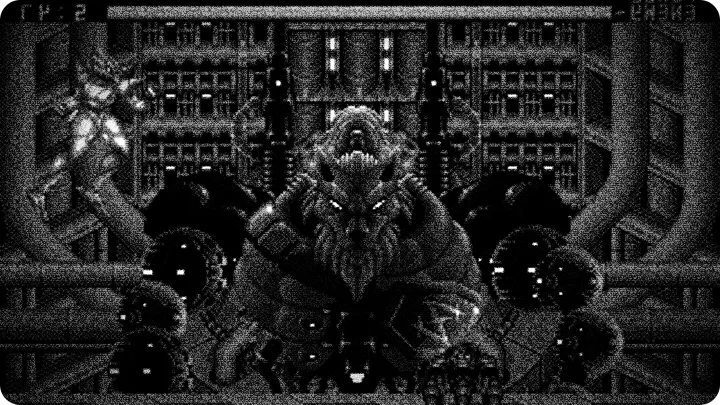
 Epsilon-Eagle also has teleportation and a phoenix morph at full health. Did you anticipate how players would use — or abuse — those powers?
Epsilon-Eagle also has teleportation and a phoenix morph at full health. Did you anticipate how players would use — or abuse — those powers?
 I expected their cleverness, and I savored their clumsiness. Teleportation cuts like a scalpel; reckless use slices its owner. I placed traps that reward audacity and punish impatience. Teleport into the wrong pixel cluster, and I trigger sequences no teleport can escape. The phoenix morph is theater: a burst that mocks those who hoard health. They brag when it clears rooms, then curse when it abandons them mid-salvo. I tuned these tricks in half-light with a compiler that wept. “Glitches”? I call them blessings, breadcrumbs for the cunning.
I expected their cleverness, and I savored their clumsiness. Teleportation cuts like a scalpel; reckless use slices its owner. I placed traps that reward audacity and punish impatience. Teleport into the wrong pixel cluster, and I trigger sequences no teleport can escape. The phoenix morph is theater: a burst that mocks those who hoard health. They brag when it clears rooms, then curse when it abandons them mid-salvo. I tuned these tricks in half-light with a compiler that wept. “Glitches”? I call them blessings, breadcrumbs for the cunning.
 The game’s structure emphasizes bosses over extended side-scrolling. How did that influence your approach to encounter design?
The game’s structure emphasizes bosses over extended side-scrolling. How did that influence your approach to encounter design?
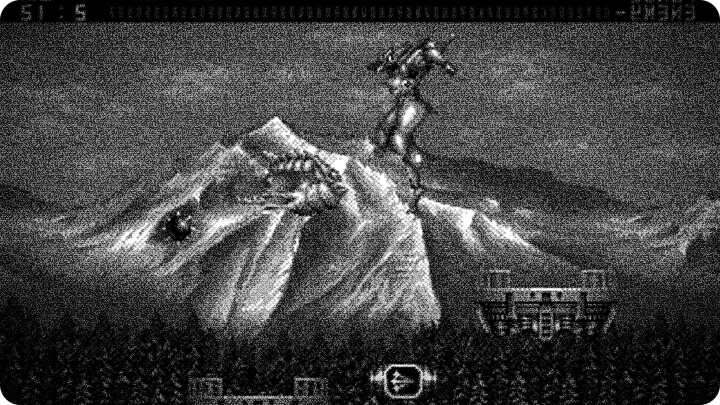
 Pinpoint arenas make philosophy practical. In 25 compressed levels, I made every boss a conversation with failure. Side-scrolling exists only as provisioning — ammo boxes like little bribes. Bosses carry the narrative weight because every phase is a question: did they read the pattern? Did they respect timing? Did they overcommit to an obvious strategy? I engineered bosses with bespoke weaknesses and rhythms. Their faces and attacks are less spectacle and more pedagogy: learn fast or perish. The feedback I received was divided: some praised the relentless variety; some seethed at the lack of breathing room. Both responses are music to me. If players remember the pain, they remember Sovereign-Veil.
Pinpoint arenas make philosophy practical. In 25 compressed levels, I made every boss a conversation with failure. Side-scrolling exists only as provisioning — ammo boxes like little bribes. Bosses carry the narrative weight because every phase is a question: did they read the pattern? Did they respect timing? Did they overcommit to an obvious strategy? I engineered bosses with bespoke weaknesses and rhythms. Their faces and attacks are less spectacle and more pedagogy: learn fast or perish. The feedback I received was divided: some praised the relentless variety; some seethed at the lack of breathing room. Both responses are music to me. If players remember the pain, they remember Sovereign-Veil.
 Rumor has it that a few glitches in the game were “accidental traps.” Care to expand on that — boasted or obscure?
Rumor has it that a few glitches in the game were “accidental traps.” Care to expand on that — boasted or obscure?
 “Accidental” is a word for amateurs. Code is malleable; a night of fatigue, a single misread value, and a loop slips an opening into existence. We left some of those openings untouched — deliberate negligence, if you prefer a cleaner term. Players call them glitches; I call them invitations. A miscalculated hitbox let some intruders clip through a wall and face a boss earlier than intended. Another timing quirk allowed a teleport cancel that skirts a death. The development team smiled in the dark, whispered theories, and chose artful silence. Only lovers of the impossible find those edges. The rest die admirably predictable deaths.
“Accidental” is a word for amateurs. Code is malleable; a night of fatigue, a single misread value, and a loop slips an opening into existence. We left some of those openings untouched — deliberate negligence, if you prefer a cleaner term. Players call them glitches; I call them invitations. A miscalculated hitbox let some intruders clip through a wall and face a boss earlier than intended. Another timing quirk allowed a teleport cancel that skirts a death. The development team smiled in the dark, whispered theories, and chose artful silence. Only lovers of the impossible find those edges. The rest die admirably predictable deaths.
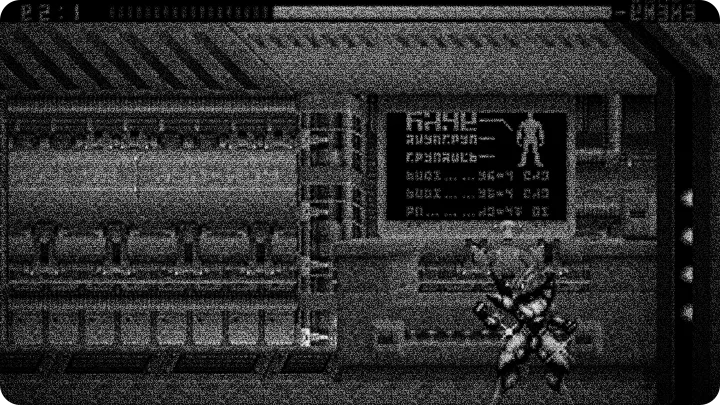
 Reception was — by some accounts — very strong. How do you view the game’s legacy and the community’s feedback?
Reception was — by some accounts — very strong. How do you view the game’s legacy and the community’s feedback?
 Reception is a mirror with a temper. Players praised the ferocity and variety; they lamented the moments that required near-perfect judgment. I bark at how the hero’s tools can be overpowered — it lessens the purity of the struggle, but it also produces legends. Those who mastered the systems wrote long, reverent complaints; those who failed sent terse, theatrical threats. Both fuels my vanity. In the end, the community treated this world like a gauntlet worth returning to, and I relish being the reason they sharpen their reflexes at dawn. Their feedback is a ledger I peruse when I plan the next set of indignities.
Reception is a mirror with a temper. Players praised the ferocity and variety; they lamented the moments that required near-perfect judgment. I bark at how the hero’s tools can be overpowered — it lessens the purity of the struggle, but it also produces legends. Those who mastered the systems wrote long, reverent complaints; those who failed sent terse, theatrical threats. Both fuels my vanity. In the end, the community treated this world like a gauntlet worth returning to, and I relish being the reason they sharpen their reflexes at dawn. Their feedback is a ledger I peruse when I plan the next set of indignities.
 The game debuted in 1995. Looking back at its creation, are there any obscure studio stories you can share, however veiled?
The game debuted in 1995. Looking back at its creation, are there any obscure studio stories you can share, however veiled?
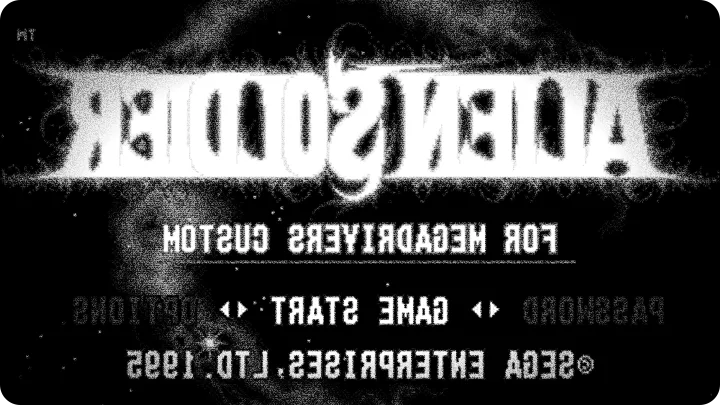
 The year meant constraints, and constraints breed ingenuity. There were nights when one artist painted a boss sprite by memory, and nights when code was soldered together between cups of bitter heat. We argued about tempo, and somewhere in that friction a boss’s second phase was born — an angry, elegant mistake that became a favorite. I will not name names, nor will I spoil which tweak came from a careless cigarette break. Ambiguity serves drama. Know only this: artifact and intention braided together, and the result still hums with a faint aftertaste of the late hour.
The year meant constraints, and constraints breed ingenuity. There were nights when one artist painted a boss sprite by memory, and nights when code was soldered together between cups of bitter heat. We argued about tempo, and somewhere in that friction a boss’s second phase was born — an angry, elegant mistake that became a favorite. I will not name names, nor will I spoil which tweak came from a careless cigarette break. Ambiguity serves drama. Know only this: artifact and intention braided together, and the result still hums with a faint aftertaste of the late hour.
 Finally, any message to those who still boot the cartridge and charge into your arenas?
Finally, any message to those who still boot the cartridge and charge into your arenas?
 Respect the tools but distrust your instincts. Your weapons will whisper salvation and doom in equal measure. If you think you have me figured out, remember: the most dangerous traps are polite. Return expecting arrogance, and I will give you a masterpiece of humiliation. I will return again, silent at first, then loud enough to be unavoidable. Keep your phoenix ready; keep your teleport timed; and above all, prepare to be outwitted where you think you are cleverest.
Respect the tools but distrust your instincts. Your weapons will whisper salvation and doom in equal measure. If you think you have me figured out, remember: the most dangerous traps are polite. Return expecting arrogance, and I will give you a masterpiece of humiliation. I will return again, silent at first, then loud enough to be unavoidable. Keep your phoenix ready; keep your teleport timed; and above all, prepare to be outwitted where you think you are cleverest.
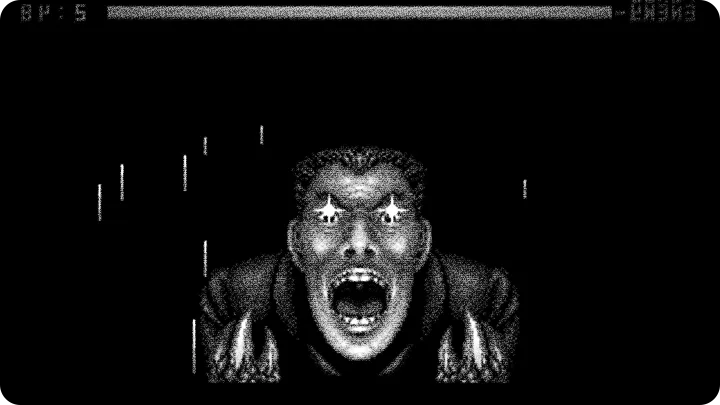
 I leave you with one last promise: when I next wind the clock, the gaps you considered safe will be the places I stand waiting.
I leave you with one last promise: when I next wind the clock, the gaps you considered safe will be the places I stand waiting.
more info and data about Alien Soldier provided by mobyGames.com

